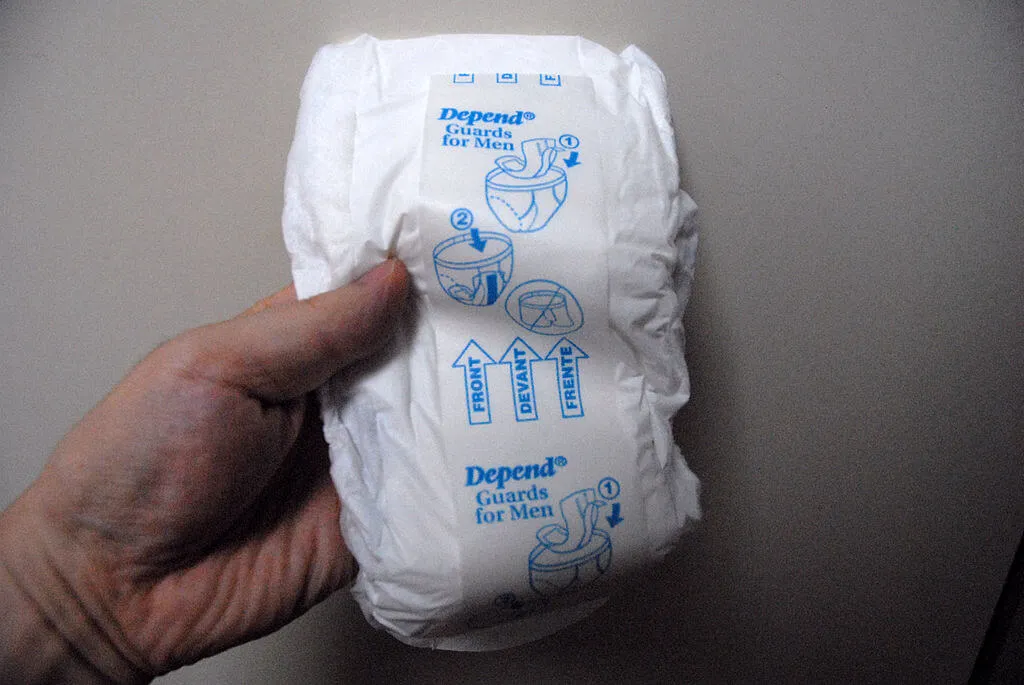Humans are wired to learn through patterns. It’s how we make sense of the world. From spotting routines in daily life to solving problems, recognising patterns helps us grow and adapt. Games tap into that same instinct.
Whether cards, puzzles, or video games, these activities train our brains to recognise what works, drop what doesn’t, and continually improve. Here, we’ll explore how games sharpen our thinking and help shape smarter habits.
Learning from the Cards: Pattern Recognition in Card Games
While card games may seem like just a way to pass the time, some actually consider them a mental workout. Games like blackjack challenge players to stay alert, read the situation, and make fast, informed decisions.
Over time, this kind of gameplay strengthens pattern recognition. Players eventually notice trends and adjust their strategies to outsmart their opponents.
For example, mastering the blackjack perfect pairs strategy requires players to identify recurring patterns and make strategic decisions based on card combinations. This mindset doesn’t stay at the table. It can influence everyday choices, from managing time more effectively to establishing healthier routines.
When you learn to recognise patterns, making smarter choices becomes more instinctive.
The more you practice, the easier it becomes to carry that discipline. Whether sticking to a morning routine or planning your week, thinking like a strategist gives you an edge. Blackjack might seem like just a game, but it’s also a lesson in focus and patience that can be a primer for effective habit formation.
Video Games and Habit Loops
Video games excel at creating habit loops that reward cycles to keep you coming back. You act, receive immediate feedback, feel a reward, and repeat.
Game designers use repetition, quick feedback, and rewards (like XP, loot, or levels) to anchor players in these loops. That same structure—cue, routine, reward—is also an effective framework for building better habits.
Want to read more? Reward yourself after each chapter. Trying to exercise? Pair it with a playlist you love. The idea is simple: create a clear loop, maintain consistent feedback, and enjoy the rewards. Repeat it often enough, and your brain starts to crave an experience.
Applying game loops to real life can help you build more sustainable habits. Video games may be about winning battles, but they also teach us how to win in life.
Puzzle Games and Cognitive Flexibility
Puzzle games like Sudoku, crosswords, and logic challenges help build cognitive flexibility, which is the ability to reshape one’s thinking when old strategies stop working.
A study from Nanyang Technological University found that playing puzzle games like Cut the Rope for just one hour daily improved executive functions, such as task switching and adaptive thinking, by 30–60%.
When working on a Sudoku or crossword, your prefrontal cortex lights up as you test different solutions, interpret clues, and reconfigure grids. This mental exercise fosters adaptability, crucial when breaking bad habits or building new ones.
Cognitive flexibility helps you pause, reassess, and choose alternative paths when old behaviours resurface. Rather than slipping into autopilot, you learn to shift direction with intention.
That mindset carries into daily life—encountering a stress trigger or falling into an old habit becomes an opportunity to problem-solve rather than retreat. Each solved puzzle is a small workout in staying agile and open-minded.
Gamification of Real Life
Gamification turns everyday tasks into games using apps, trackers, and challenges.
Take Habitica, for instance. The app reportedly has over 1.1 million users and boosts retention by about 30% compared to traditional to-do list apps. It turns chores into RPG quests: complete your to-dos, and you will earn EXP to level up your avatar. The result is an engaging tool that makes work feel more like play.
Then there’s Duolingo, the popular language-learning app. It uses points, streaks, badges, and reminders to bring users back. Their gamified design and A/B testing helped increase daily user retention from 12% to 55%.
These simple mechanics—cue, routine, reward—turn micro-goals into daily habits.
Fitness apps work the same way. Badges, step streaks, and friendly competition all encourage more movement. Studies show walking competitions can increase physical activity by around 23%.
The takeaway? When we apply game mechanics to real life—setting clear goals, offering feedback, and rewarding success—we tap into motivation and build lasting habits.
Play With Purpose, Build With Intention
Games do more than entertain. They teach us to spot patterns, adapt to change, and stay motivated. Whether it’s the strategy in blackjack, the habit loops in video games, or the mental agility from puzzles, these experiences help build smarter, more intentional routines.
The secret? Treat life like a game—and play to grow.
















